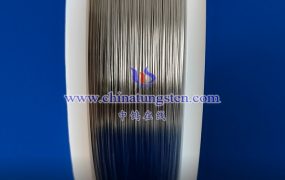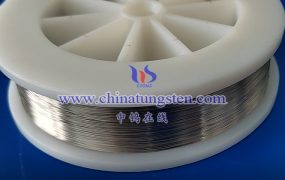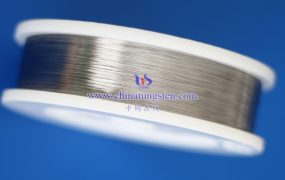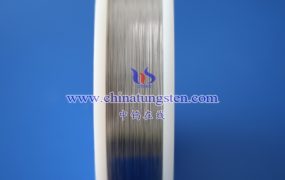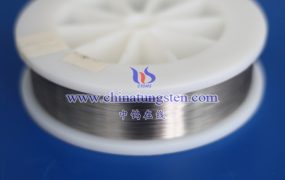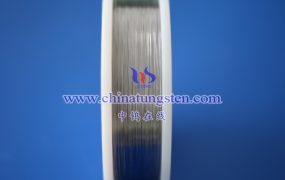The ion-coated electrode is a new type of electrochemical sensor that uses electrochemical methods to detect water pollution and pollutants in the electrolyte. It can quickly and accurately measure inorganic ions (such as H+, OH-, Cl-, etc.) and the concentration of organic soluble organic compounds (such as ammonia nitrogen, sulfate, etc.) in water bodies.
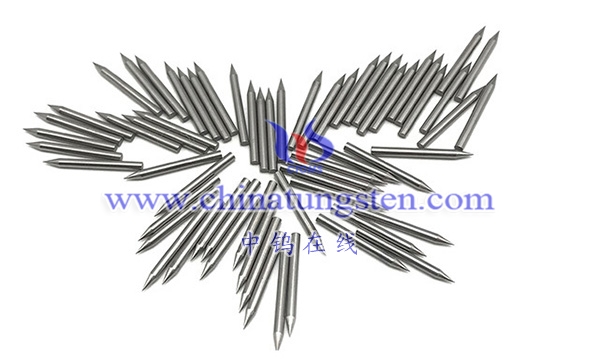
The ion-coated electrode is mainly composed of an ion membrane, a voltage source and a reaction chamber. The function of the ion membrane is to prevent the electrolysis reaction from occurring while passing the current to a voltage source with a specific voltage. The voltage source can be a cathode or anode, which can be used to push the reaction toward the oxidation or reduction direction, and the operating voltage can be adjusted during the reaction to control the reaction rate. The reactants in the reaction chamber can undergo oxidation-reduction reactions on the ion membrane electrode. Its function is to transfer the reactants to the outside during the reaction process, and at the same time, it can discharge the reactants out of the reaction chamber and ensure the complete consumption of the reactants.
The advantages of using ion-coated electrodes include: measuring ion concentration in a short time without affecting the measurement results; it can control the reaction rate and improve measurement accuracy; it can also be used to measure the content of various substances, such as oxygen, sulfur, and fluorine, iron and chlorine, etc., as well as studying the electrochemical behavior of materials.
More details of tungsten probes, please visit website: http://tungsten.com.cn/tungsten-needles-and-pins.html
Please contact CHINATUNGSTEN for inquiry and order of tungsten needles:
Email: sales@chinatungsten.com
Tel.: +86 592 5129595
